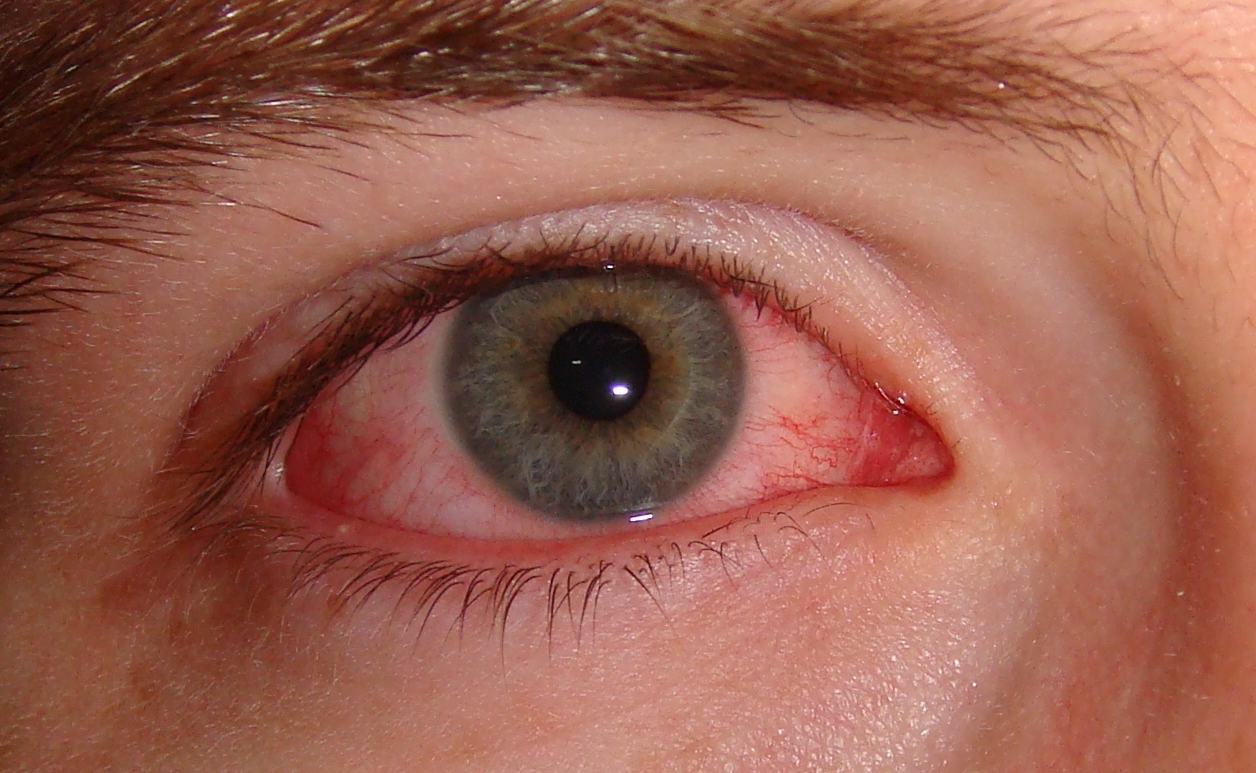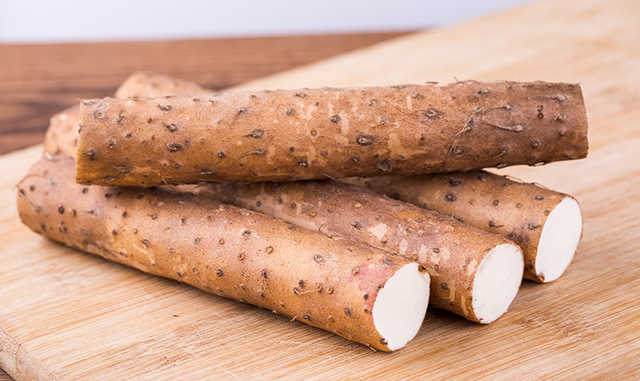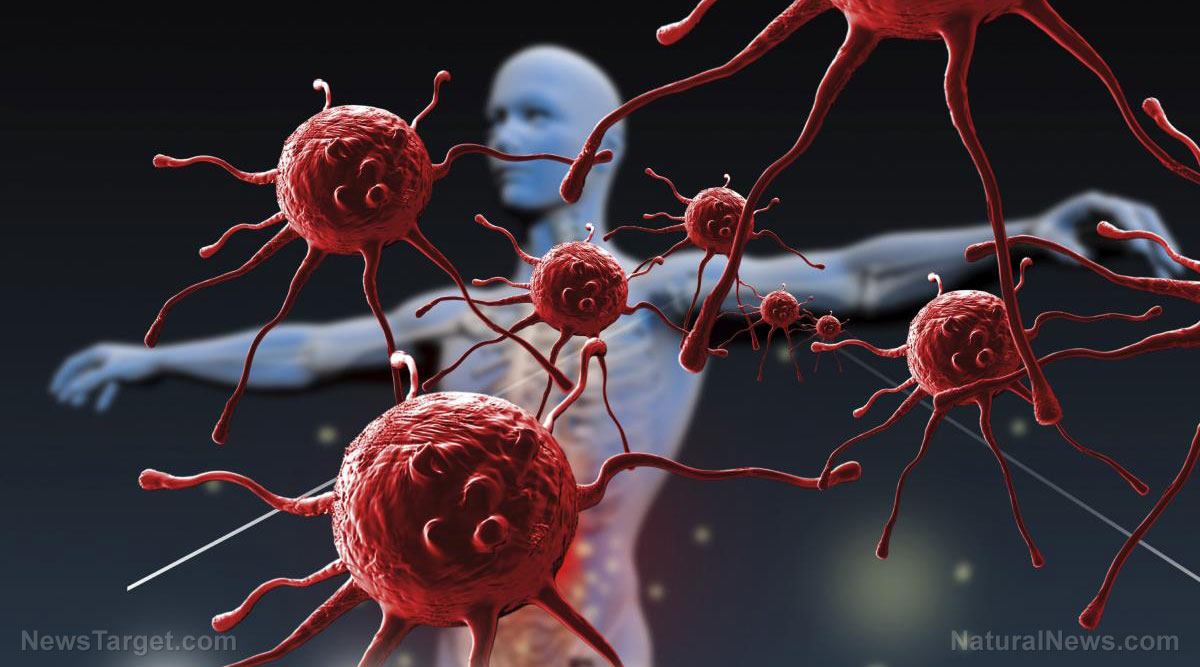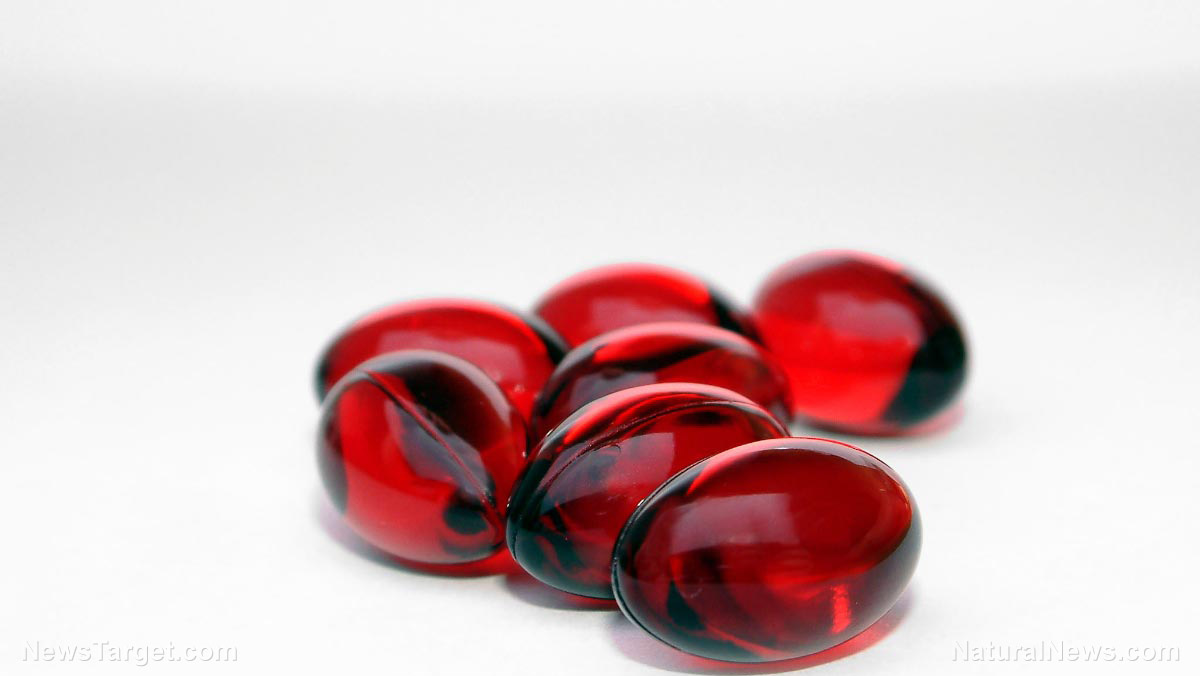Mothers can reduce their risk of postpartum depression with saffron
01/22/2019 / By Michelle Simmons

Mothers typically experience postpartum depression after giving birth. However, this condition is often treated with the use of antidepressant drugs, which come with potentially harmful side effects. Fortunately, researchers from Tehran University of Medical Sciences and Kashan University of Medical Sciences in Iran discovered the antidepressant potential of saffron.
In their study, published in the journal Pharmacopsychiatry, they found that saffron can be used as a safer alternative treatment for improving the symptoms of postpartum depression. The findings suggested that saffron is as effective as fluoxetine, an antidepressant drug.
The study’s researchers compared the safety and efficacy of saffron and fluoxetine in treating mild to moderate postpartum depression in a double-blind clinical trial. They enrolled 68 new mothers aged 18 to 45 years old who suffer from mild-to-moderate postpartum depression.
Postpartum depression occurs when the levels of estrogen and progesterone in a woman’s body quickly drop after childbirth. This then results in chemical changes in the mother’s brain which may cause mood swings. They may feel extreme sadness, anxiety, and exhaustion. They may also find it hard to get the rest and sleep that they need to fully recover from giving birth, which can result in physical discomfort and exhaustion.
In conducting the study, they gave the mothers either 15 milligrams (mg) of saffron stigma extract twice a day or 20 mg of fluoxetine twice per day for six weeks. Then, they evaluated the symptoms of postpartum depression among the participants. (Related: Study confirms the clinical use of saffron in treating anxiety and depression.)
Based on the results of the study, both saffron extract and fluoxetine caused similar improvements in the depressive symptoms. However, fluoxetine caused a higher frequency of side effects, such as headaches, dry mouth, daytime drowsiness, constipation, and sweating compared to saffron extract.
With these findings, the researchers concluded that saffron supplementation is an effective and safer way to improve the symptoms of postpartum depression.
Other ways to beat postpartum depression without drugs
Mothers suffering from postpartum depression can also beat their condition without drugs through these natural remedies:
- Omega-3 fatty acids: Research has revealed that a low dietary intake of omega 3-fatty acid is linked to the development of postpartum depression. Taking this in consideration, researchers suggest that taking omega-3 supplements or consuming more foods such as chia seeds and flaxseeds, as well as salmon, sardines, and other oily fish during pregnancy and after giving birth may help lower the risk of the mood disorder.
- Vitamin B2: Also known as riboflavin, studies have shown that this vitamin may also help reduce the risk of postpartum depression. Researchers suggest that moderate consumption of this vitamin has a positive effect on postpartum depression.
- Talk therapy: This type of therapy will enable mothers with postpartum depression to sort out their thoughts and feelings with a trained mental health professional. The therapist will help them find ways to address the issues that are bothering them. Talking about the mood disorder may also help them find more positive ways to deal with everyday problems.
- Lifestyle changes: Lifestyle changes may also help relieve postpartum depression symptoms. Mothers with postpartum disorders are advised to take care of their body, to take some time for themselves, to set realistic goals, and to talk about their feelings with their partner, a close friend, a family member, or anyone whom they trust.
Read more news stories and studies on natural ways to treat postpartum depression by going to BeatDepression.news.
Sources include:
Tagged Under: alternative medicine, childbirth, depression, herbal medicine, Herbs, medicinal plants, mental health, mothers, natural cures, natural healing, natural medicine, natural remedies, Postpartum Depression, saffron, women, women's health




















